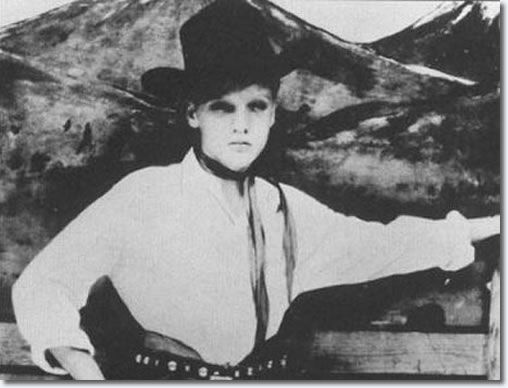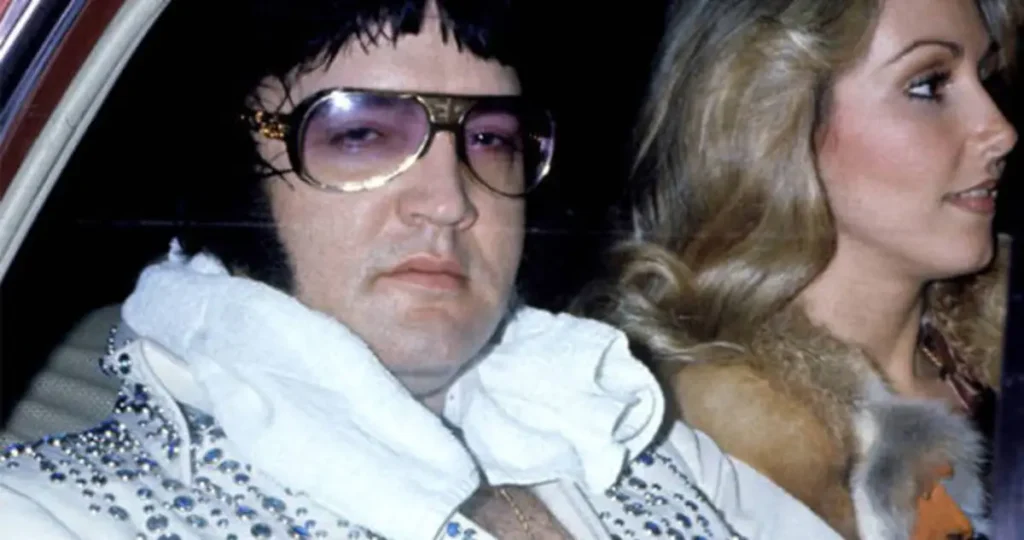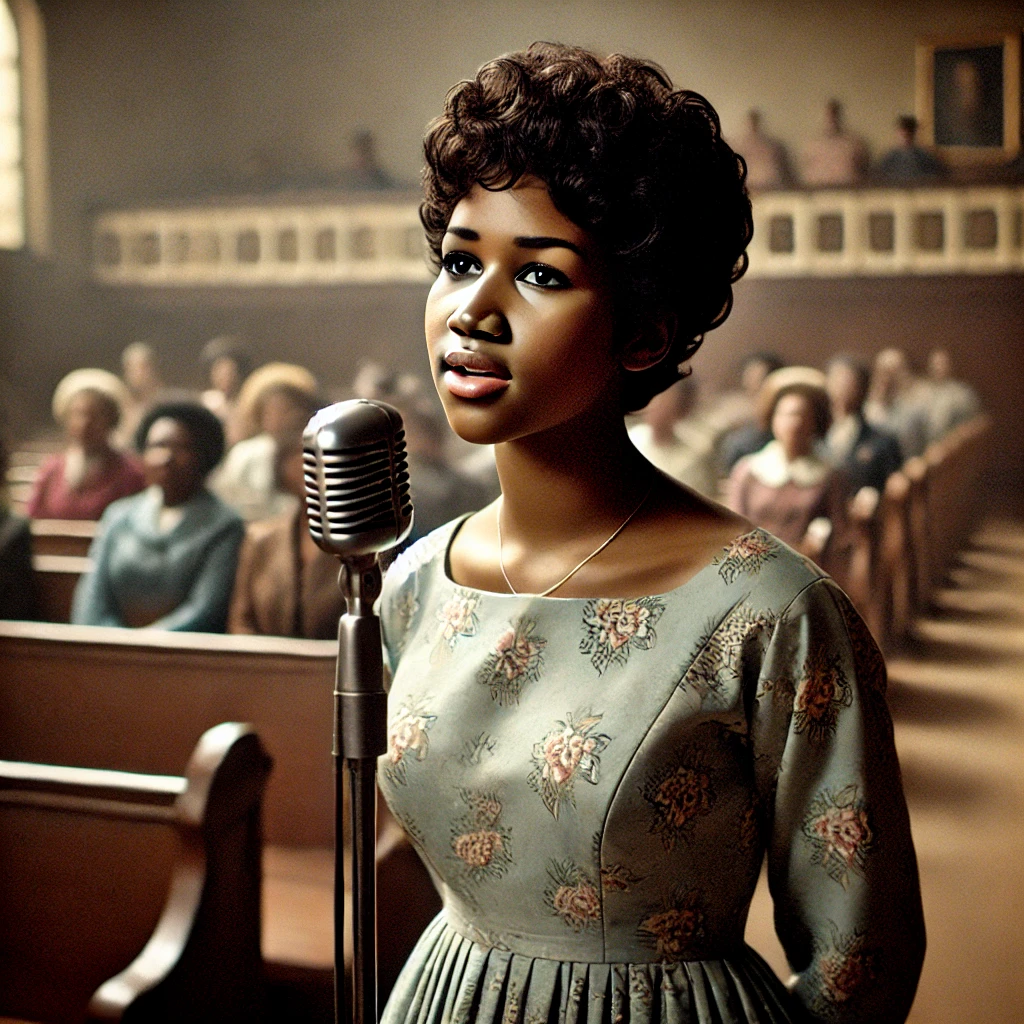Elvis Presley is one of the most iconic and influential figures in the history of music; he was hailed as “The King of Rock and Roll.” The heir successor to a legacy of generations, his music still reverberates in the ears of fans across the world. From Tupelo, Mississippi, to a globally acclaimed celebrity, Elvis Presley reformed the face of the music world and indelibly marked rock, pop, and entertainment in general. This article examines the life and fate of Elvis Presley, then follows his rise to the status of a cultural icon and finally assesses his posthumous impact
Childhood and Early Life
Elvis Aaron Presley was born in Tupelo, Mississippi, on January 8, 1935. He grew up in a family that was modestly middle class, close-knit, and instilled in him strong values and a love for gospel music. Early exposure to gospel in church and the rhythm and blues emanating from African American communities in the South laid the building blocks for his future musical style.
In 1948, the family moved to Memphis in Tennessee, and this town became all the rage as far as the musical fields are concerned: country, blues, rhythm, and blues. Since his childhood, Elvis seemed to love music a lot, at the age of 11 he had gotten his first guitar. Though by this time no one could predict that such boy from Mississippi is going to become a global icon.
From Memphis to Star of the World
The big break of Elvis came in 1954 when he entered Sun Studio, Memphis, to record a song to give to his mother. The owner of the studio was immediately impressed by Elvis’s voice and style, which combined country, gospel, and R&B influences. This unique sound soon became known as “rockabilly” and qualified as one of the early forms of rock and roll.
In July of 1954, Elvis recorded “That’s All Right,” which became his first hit single. With his dynamic performances and captivating stage presence, the ladies’ man quickly gained attention; so, in 1955, he signed with RCA Records. In 1956, Elvis debuted with a self-titled album that included chart-topping singles: “Heartbreak Hotel,” “Blue Suede Shoes,” and “Hound Dog.” The songs became hits and launched him to fame, at the same time binding him to the status of national sensation.
The exposure to television, courtesy of shows like The Ed Sullivan Show, introduced Elvis to a greater segment of the audience. The “scandalous” provocative dance movements only contributed to his fast-gaining popularity among the young. Elvis was not simply a singer; he was more of a cultural phenomenon who burst into social and racial barriers, making African-American music part of mainstream America.

Elvis in Hollywood-A Star Beyond Songs
Success in music soon took Elvis to Hollywood. Through the 1960s, he would act in more than 30 films-most of them box office successes: Jailhouse Rock 1957, Blue Hawaii 1961, and Viva Las Vegas 1964 established him as the movie star also.
His film career, however, met a rather lukewarm reception from the critics. Although his films in the beginning were fresh and fun, gradually they typically became formula films, which rested on star value rather than the content of the plot. However, the charm of Elvis and his musical numbers appealed to millions and sustained his business through a time when rock music was experiencing changes of monumental proportion.


The Comeback and Las Vegas Residency
By the late 1960s, with new trends in music- psychedelic rock and folk music, among others-along with changing audiences, Elvis’s popularity began to dissipate. In 1968, however, Elvis did have a miraculous comeback through a television special that has since been known as the “’68 Comeback Special.” In his black leather outfit, Elvis was back to show the world once again exactly what a leader in music could do to take the title as King of Rock and Roll.
The success of the special refocused Elvis’s attention to live performances. Starting in 1969, Elvis took up his residency in Las Vegas, performing to sell-out crowds at the International Hotel. Aside from the music, these Vegas shows are the stuff of legend in their spectacle and showmanship. They helped further redefine live entertainment in the city.
Personal Battles and Tragic Death
Notwithstanding his brilliant successful career, the personal life of Elvis was tumultuous: he married Priscilla Presley in 1967 and divorced her in 1973. He was not an easygoing fellow as far as his health was concerned, having substance abuse that did take loads off him. During the mid-1970s, his health had collapsed to a very serious extent, and his performances became more and more imbalanced.
Elvis Presley breathed his last on August 16, 1977, in his Graceland mansion in Memphis at the age of 42. It sent shockwaves around the world as millions of fans mourned the death of a legend. His life might have been short, but his impact on music and culture is unparalleled.
Elvis’ Enduring Legacy No one could quantify the effect that Elvis Presley had on music and popular culture. Not only did he bring rock and roll to the frontline, but his different style of fusions opened up many doors for generations upon generations of musicians afterwards. Countless other artists, like The Beatles, Bob Dylan, and Bruce Springsteen, have claimed Elvis as a critical factor in their careers.
Elvis’ home, Graceland, has turned into some sort of pilgrimage site for fans from across the world. Over the years, literally thousands of visitors flock to Memphis as a form of paying homage to the King of Rock and Roll. While his music is still celebrated, but his image is more synonymous with the birth of rock and roll. He was inducted into the Rock and Roll Hall of Fame posthumously in 1986, and to this day, his songs can still be heard across the world on various radio stations. His revolutionary impact on music, fashion, and popular culture endures, making him one of the most significant and beloved figures in entertainment history. Conclusion Elvis Presley’s life and legacies go far beyond his music. As one of the originators of rock-and-roll music, he changed the face of popular music, leaving an inerasable mark on world culture. His charismatic personality, talents, and styles have captured the hearts of millions and continue to inspire new generations. Although Elvis might have taken his last breath, he remains the King of Rock and Roll, whose legacy has made sure his music and spirit remain timeless.




